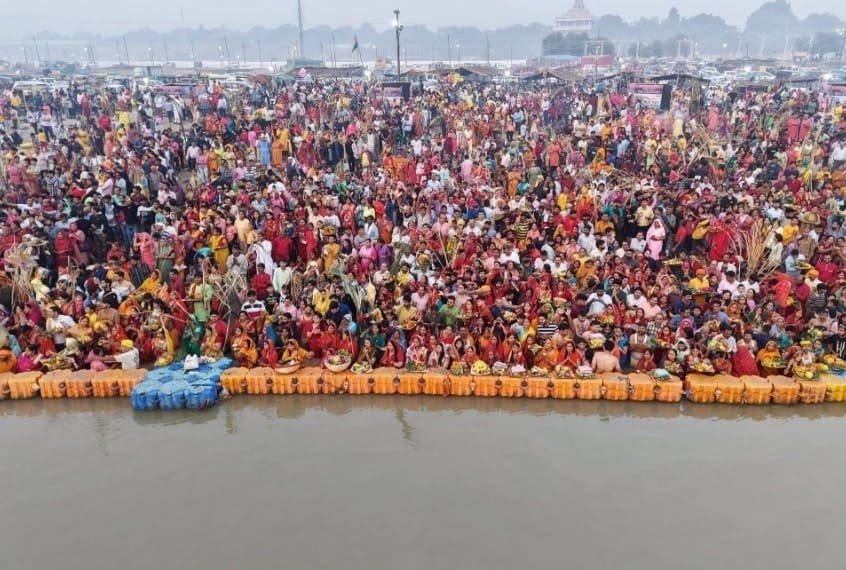
New Delhi, Oct 31 (IANS) In 2020, the Bihar Assembly election was announced even as the country was coming out of the Coronavirus pandemic and citizens were slowly stepping out of a ‘lockdown’; and when the worldwide web proved to be the most effective means of communication.
While the poll process had to be undertaken on time in keeping with the rules in a Parliamentary democracy, the Election Commission had to issue strictures on physical campaigns to adhere to health and hygiene safety protocols. As the election campaign and political outreach further increased on the internet, fraudsters sharpened their skills on the internet. Election propaganda was infiltrated with fake news meant to influence voters. Some were detected, some were not.
But as technology brought election information on mobile screens, it also introduced with it the underbelly of false and fraudulent data and content. Misinformation and disinformation on social media evolved among challenges against maintaining electoral integrity, along with money, muscle, including violations of the Model Code of Conduct. However, the Bihar election 2020 was conducted successfully against all odds.
Now, the 2025 Assembly polls will be the first among state elections to be held after the Election Commission launched a “register” for information on false and misleading information during the process, with answers to frequently asked questions. The poll body launched a “Myth vs Reality Register” on April 2, 2024, a few days ahead of the Lok Sabha polls that year. It will be updated with information with inputs from the coming exercises collected through the Commission’s monitoring sources.
However, with the advancement in technology and the vastness of the worldwide web, monitoring and sharing such fake-bursting information is time-consuming, proving difficult sometimes.
In August this year, the Election Commission dismissed news circulating on various social media platforms claiming that the poll body had suddenly removed e-voter rolls of many states from its website. The Commission added that anyone can download the electoral rolls for any of the 36 States and Union Territories through its website ‘voters.eci.gov.in’.
On October 24, the poll body released an advisory, specifying guidelines on the use of AI-generated content for election campaigning ahead of the Bihar Assembly election this year. Fake news on the internet is not recent, though the extended use of social media and video communication applications increased during the pandemic-induced lockdown.
A few years ago, researchers at the Massachusetts Institute of Technology (MIT) found that false news travels significantly faster and wider online than real news. Their findings were published in the journal Science, which revealed, “Fake news spreads faster than true news on Twitter (renamed X) – thanks to people, not bots.” It added that such posts containing falsehoods were 70 per cent more likely to be retweeted than truthful tweets.
The researchers analysed a huge dataset, comprising about 1,26,000 news cascades on X (then Twitter) that encompassed over 45 lakh tweets by around 30 lakh users between 2006 and 2017.
To ensure accuracy, the study relied on the assessments of six independent fact-checking organisations, resulting in a high degree of consensus on the veracity of the news stories.
Notably, fake news was found to be particularly prevalent in the political arena.
“Whether in India, the UK, or the United States, where social media is extensively used to reach out to a certain section of voters, you will find such misinformation and disinformation,” said Dr Sambit Pal, In-Charge Director at the International School of Broadcasting and Journalism, MIT Art, Design and Technology University, Pune.
“Fake news has become an integral part of political communication everywhere. In India, social media has been used aggressively by political parties with a dedicated IT department to microtarget voters and change the narrative. Here, many supporters misuse the process to suit their own narrative,” added Dr Pal, who is also part of the India Training Network of Google News Initiative, conducting workshops on fact-checking and fake news verification.
–IANS
jb/uk






